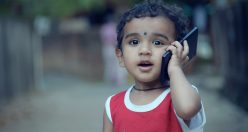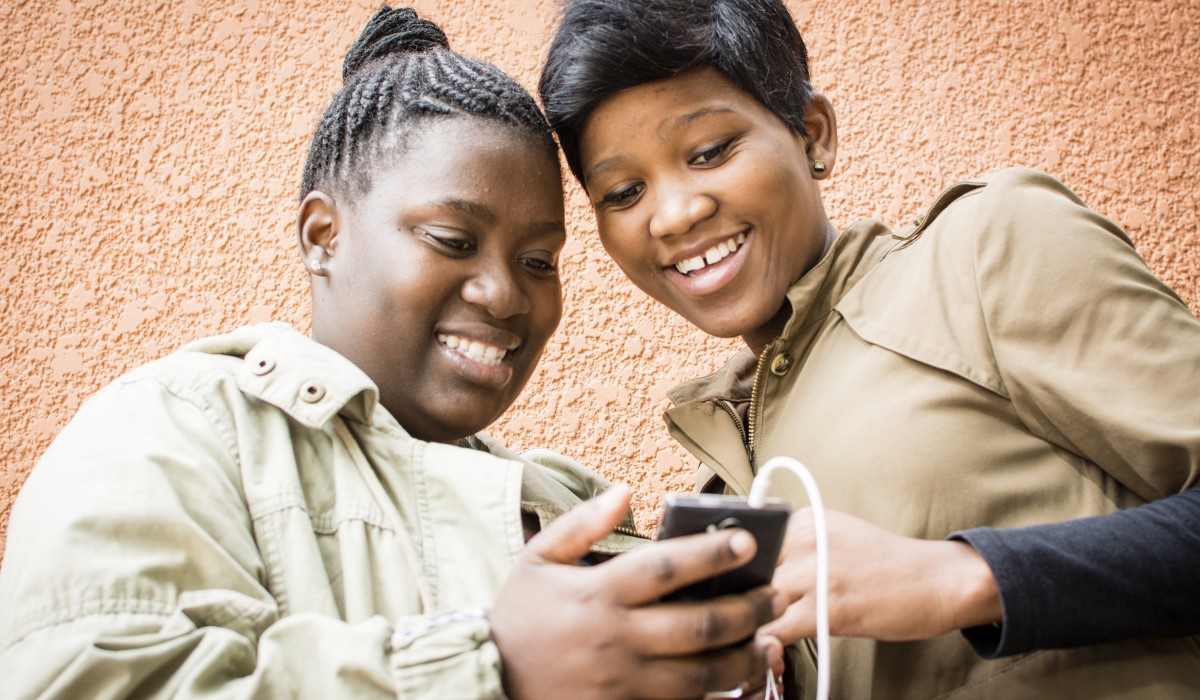-

Should we include more digital technologies in teaching?
7th November 2019
Montenegro is the first Global Kids Online country to produce comparable data on digital skills including children, parents and teachers. A national survey conducted by Ipsos, supported by UNICEF and Telenor, found that almost all teachers (94%) in Montenegrin primary and secondary schools use the internet on a daily basis. Educators tend to have better digital skills than children and parents. While teachers agree that the use of technologies improves the quality of education, many struggle to integrate diverse ways of using digital media in the learning process.
-

The online lives of New Zealand kids
30th September 2019
Netsafe’s latest research uncovers important insights about New Zealand children’s experiences online and their skills in navigating these online experiences. The report, the first to study online experiences of nine to 17 year old New Zealand children, found Kiwi kids are making the most of online opportunities for entertainment, learning and socialising.
-

Children’s rights and resilience in the digital world
24th September 2019
The Sydney eSafety 2019 conference saw policy makers, researchers and practitioners from different fields and countries come together to discuss how to improve children’s digital lives. Our presentation on Global Kids Online (GKO) provided a foretaste of our 11 country comparative findings report, and the insights gleaned from an independent evaluation report of GKO impact in our partner countries. Both reports will be published in the coming few months – watch this space.
-

Online on the phone: Czech children’s internet use
5th August 2019
A survey of 2,825 Czech children showed that 84% access the internet daily using their mobile phones and only 45% use a computer. Even the youngest children aged 9 to 10 years use predominantly their phones to go online (64% use it daily), while 29% of all children say that they are online on their mobile ‘almost all the time’. How does this affect their experiences and exposure to risk?
-

Using Global Kids Online evidence to build global understanding and action
18th July 2019
A recent Global Kids Online network meeting gathered 45 experts and practitioners from 27 countries to discuss the advancement of child rights and online protection drawing on existing and new research evidence by the network partners. We are following up with a webinar on impact and the lessons learned on how to use the evidence to build global understanding and action (Tuesday 23rd July, registration open).
-

Costa Rica: highlights from the new research
15th July 2019
A new study on children’s internet use in Costa Rica was conducted by the University of Costa Rica and the Paniamor Foundation. The nationally representative survey with 1,008 children and their parents found important digital divides related to access, opportunities and skills. Using mobile phones for learning at school and receiving enabling mediation from parents can improve children’s digital skills and access to online opportunities.
-

Global Kids Online India
9th May 2019
India is the latest country to join the Global Kids Online network and carry out research on children’s internet use. With a population of 247 million children aged 9 to 17 years old, India can provide important evidence on children’s experiences in South Asia. The research will be carried out by the Centre for Development management and Communication, MICA, (Ahmedabad) and will initially focus on the state of Gujarat.
-

How do Norwegian children understand the internet?
5th March 2019
While children in Norway are often referred to as ‘digital natives’, new research by EU Kids Online suggests that this is an inappropriate term. It discovered that, although children often understand concepts related to the internet, they can’t always apply the practical skills related to those concepts. The findings suggest that children may need more support online.
-

A ladder of children’s online participation?
18th February 2019
Findings on the online activities of children in Bulgaria, Chile and South Africa suggests a ‘ladder’ of online participation. Many children, especially younger ones, enjoy some of the fun and sociable opportunities that the internet provides, but do not climb the ‘ladder’ to reach the civic, informational and creative activities that are often heralded as crucial opportunities of the digital age.
Search Global Kids Online
Popular tags
Albania
Argentina
Brazil
Bulgaria
Canada
Children's rights
Children online
Chile
China
Costa Rica
COVID19
Cyber-bullying
Czech Republic
Digital literacy
Disrupting Harm
Ecuador
EU Kids Online
Europe
Fieldwork
Findings
Ghana
Impact
India
Italy
Latin America
Montenegro
New Zealand
Norway
Online opportunities
Online risks
Online safety
Philippines
Policy
Presentation
Privacy
Reports
Research methods
Research Synthesis
Research tools
Serbia
South Africa
Stakeholder engagement
Survey
UNICEF
Uruguay








